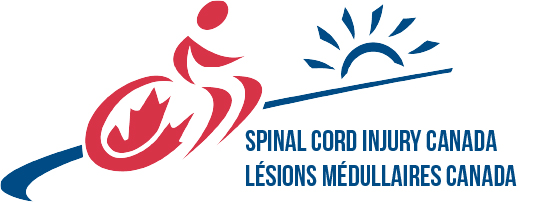Polypharmacy: The Ups and Downs of Taking Multiple Medications

Is your list of prescription drugs a lengthy one? People with spinal cord injuries tend to take many more medications than other folks their age, whether for pain, spasms, UTIs, constipation or infections. As you get older, you might also need medications for secondary health conditions like diabetes or heart disease. On top of that, you might be taking off-the-shelf remedies like laxatives or Tylenol, or even herbal supplements. It all adds up.
“Polypharmacy” is the word for taking multiple medications. A 2020 study at the University of Toronto found that somewhere between 31 and 87 percent of people with SCI are taking multiple prescription drugs, over-the-counter medications and health products. A different U of T report looked at medications taken by 418 seniors with SCI. Over half had filled prescriptions for 10 or more different kinds of drugs in their first year after rehab.
Obviously, these medications may be important to your quality of life, especially if the alternative is pain, exhaustion, depression, insomnia, being unable to work or participate in family life, or even hospitalization.
But that’s not necessarily always the case. And with polypharmacy comes risk, like drug interactions or severe side effects. In the general population, being on multiple medications is linked to a lower quality of life, increased need for healthcare, and a shortened life span.
Unfortunately, there’s been very little research into the risks of polypharmacy for people with SCI. There are some obvious concerns when you’re taking multiple medications and have a spinal cord injury:
- Certain side effects, like constipation or lower muscle tone, could be a hassle.
- It can be a challenge to stick to a regular medication routine if you need a PSW or partner to help you open bottles or take pills.
- Likewise, it can be hard to take medication with food or on an empty stomach if you rely on help prepping meals and snacks.
- If you have an SCI, you’re more likely to be prescribed “high-risk” medications (e.g. narcotics, antidepressants), according to researchers at the University of Kentucky. This in turn raises your risk of accidental overdose, drug interactions and dangerous side effects.
- The same study found that taking multiple medications can interfere with rehab and community participation.
- Since less is known about the effects of certain medications on people with SCI, this means that your local pharmacist – or even your doctor – may not be able to answer all your questions.
Worried you might be taking too many medications? Here are a few tips that could help you reduce your risk:
- Make sure you understand why you have each one of your prescriptions. (Maybe that little pill was to help you stay asleep, but now that your noisy neighbours have moved out, you aren’t having the same difficulties!)
- Meet with your doctor regularly to discuss everything you’re taking, including vitamins and health products. Ask if you can cut anything out, or lower a dosage.
- Ask your doctor if there are any substitutions you can make. There might be another option that’s less risky. There might even be a non-medication alternative, like therapeutic massage or a special diet.
- If certain tasks at home are triggering or aggravating your symptoms, consider trying out a new adaptive device. For instance, maybe a portable lift for transfers could reduce your need for back-pain medication.
- If you aren’t able to take medication as directed, speak with your pharmacist or doctor to make sure that what you want to do instead – take a drug without food, take two doses more closely together, crush your pills – is going to be safe and effective.
- Get your prescriptions from the same healthcare provider as much as possible. The Toronto study of seniors with SCI found that people who saw the same doctor for at least 75% of their appointments had a lower risk of polypharmacy.
Do be prepared to do some trial and error, in partnership with your healthcare provider. If the side effects are bothersome, or if a drug doesn’t do what it’s supposed to do, don’t suffer in silence. It’s better for your health and safety to speak up.
